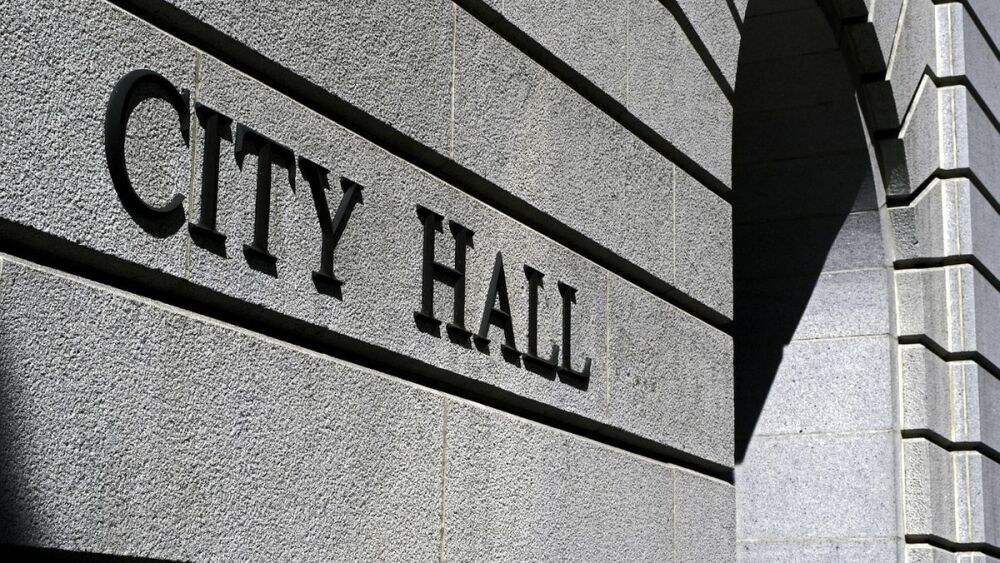By Shelley Poticha’s Blog
National Resources Defense Council Staff Blog
Something amazing is happening in the Southeast. Call it a groundswell, a call-to-action -- just don’t call it a fluke. Southeastern cities are taking charge of their futures by addressing the key contributor to climate change in their cities - the energy use of buildings. In Atlanta and Orlando, two cities that are in Urban Solutions’ City Energy Project, exciting energy efficiency advancements are occurring that will lead to more sustainable, livable, and affordable cities for residents and businesses alike.
Atlanta recently passed the Commercial Energy Efficiency Ordinance, which requires owners of large buildings in the city to benchmark their facilities’ energy and water use on an annual basis and eventually make that data public. The ordinance also requires energy and water audits every 10 years and voluntary retro-commissioning - that is identifying and implementing operational improvements that increase comfort and save energy.
Other cities have passed this kind of ordinance before - New York City, San Francisco, and Boston to name a few - but the passage of this benchmarking and audit ordinance in Atlanta signals something new and impressive. In the Southeast, where it has been notoriously hard to advance energy efficiency in the absence of state energy efficiency resource standards, cities are stepping up and leading efficiency efforts themselves.
Buildings currently account for for 66 percent of Atlanta’s total energy, and the City of Atlanta anticipates that the ordinance, in conjunction with improved energy efficiency financing options such as a PACE program, will lead to a 20 percent reduction in commercial building energy use by 2020. In combination with improvements to the electric grid, it should also result in a 50 percent reduction in carbon emissions by 2020 (from 2013 levels) - not to mention create a thousand jobs annually in the next few years. Separately, through its Energy Efficiency for All project, NRDC’s Urban Solutions is also targeting the affordable multifamily sector in Atlanta to address barriers to investing in energy efficiency in the housing stock.
Read full coverage here.


